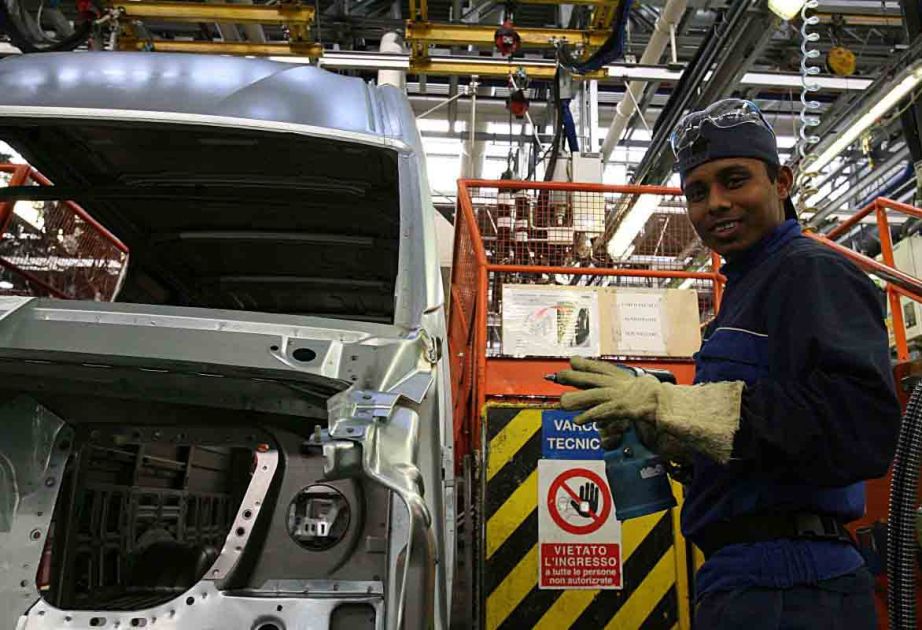By Alimat Aliyeva
The Italian Council of Ministers has approved a decree allowing the admission of up to 500,000 foreign workers to Italy between 2026 and 2028, Azernews reports.
This decree facilitates the regular entry of workers from non-EU countries to meet the labor demands of Italy’s economy. According to the decree, the goal is to address shortages in key sectors of the national economic and industrial system and support the needs of Italian businesses.
The Council of Ministers emphasized that the measure is aimed at strengthening Italy’s labor force to ensure the competitiveness of various sectors, including agriculture, tourism, and manufacturing.
According to the new regulations, 164,850 foreign workers will be admitted in 2026, and a total of 497,550 workers will be welcomed over the period from 2026 to 2028. The decree outlines two categories of workers:
Non-seasonal workers – 230,550 employees will be hired for permanent roles and individual entrepreneurial activities.
Seasonal workers – 267,000 will be admitted to fill short-term positions, especially in agriculture and tourism, which are vital sectors for Italy's economy.
This initiative comes as Italy, like many European countries, faces significant challenges in meeting labor demand, particularly in agriculture and tourism, which heavily rely on seasonal work. The decree is also a response to demographic shifts, including an aging population, which has contributed to labor shortages in key industries.
The approval of the decree is expected to help bolster Italy’s economic resilience, enabling businesses to stay competitive by ensuring they have access to the workforce they need. However, it also raises questions about how Italy will manage the integration of such a large number of foreign workers, ensuring fair working conditions and social integration.
It will be interesting to see how this move influences both Italy's labor market and the broader dynamics of migration within the European Union.

